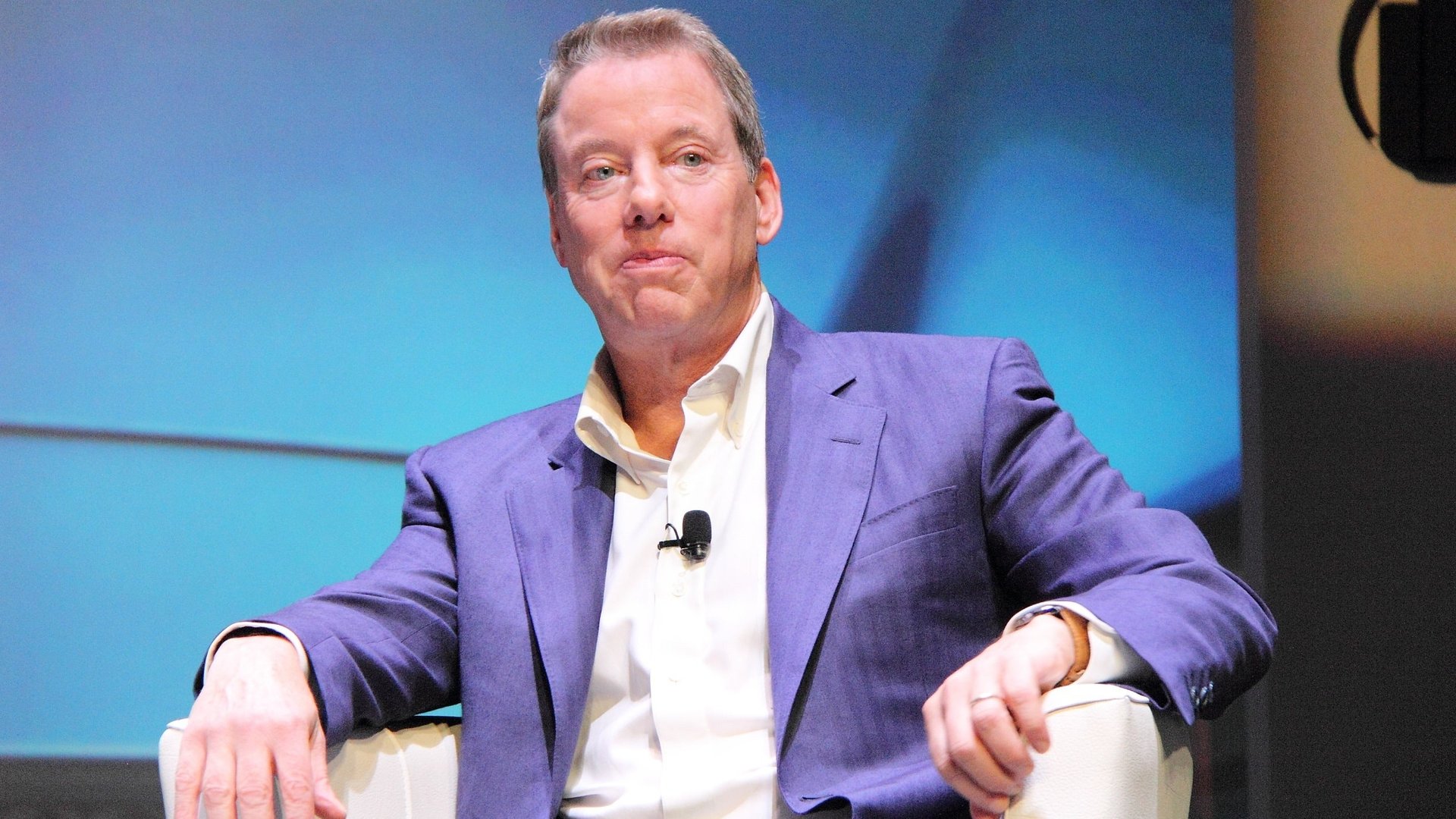Bill Ford isn’t counting on a super battery breakthrough coming soon
Breakthrough battery technology allowing inexpensive cars to travel over 200 miles on a single charge is taking a lot longer to arrive than carmakers hoped.


Breakthrough battery technology allowing inexpensive cars to travel over 200 miles on a single charge is taking a lot longer to arrive than carmakers hoped.
Tesla’s solution for electric cars with longer ranges has been to use high volumes of current-generation lithium-ion batteries like those found in laptop computers in each car. But that’s expensive, accounting for what some estimate to represent $20,000-$40,000 of the cost of manufacturing each of Tesla’s high-end Model S sedans.
“Batteries have proven to be rather tough customers,” Ford Motor Company executive chairman Bill Ford told Quartz in an interview. The US automaker is working on battery technology itself, and as part of consortiums. But “trying to predict battery breakthroughs is something that’s beyond my capability,” Ford says.
Barring a super-battery breakthrough, Ford believes that plug-in hybrid cars are the best mass-market alternative. “One of the things that for our industry is a really good technology, which perhaps is a bridging technology but may be a bridge for awhile, is the plug-in hybrid,” Ford says.
An obstacle to electric-car adoption is what’s known as “range anxiety”—drivers don’t want to worry about their batteries draining before they reach their destinations. Plug-in hybrids solve that issue by also including a traditional gas engine that kicks in when there’s no more battery power.
“If your daily driving is in San Francisco, you never leave battery. But if you want to drive to LA for the weekend, no problem. You start on the battery and then the internal combustion engine takes over,” says Ford.
Plug-in hybrids like Ford’s Fusion Energi and C-MAX Energi models are essentially carrying around two engines, one for electric and one for gas—an arrangement that wouldn’t be optimal if batteries provided longer driving ranges without adding so much to the cost.
“I do think it’s on its way to something else—but it may be quite a long transition,” says Ford.